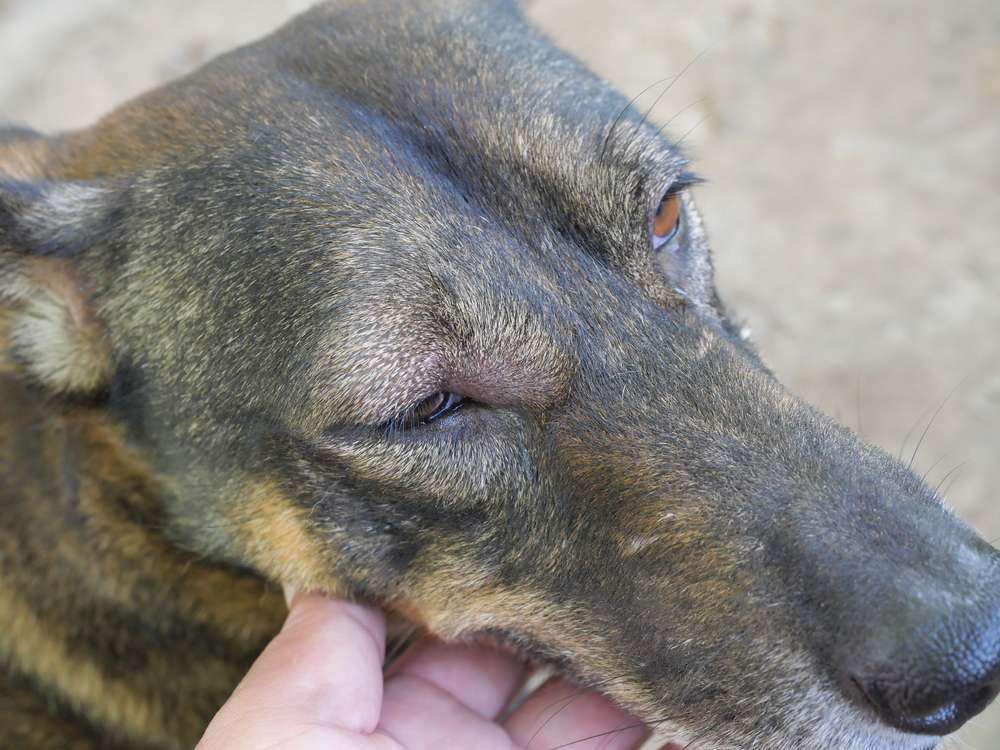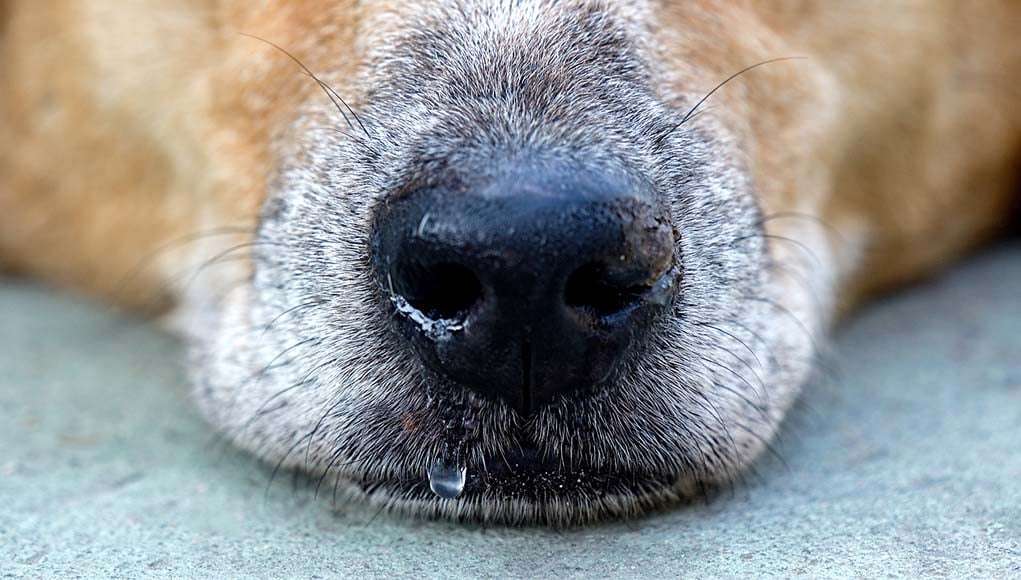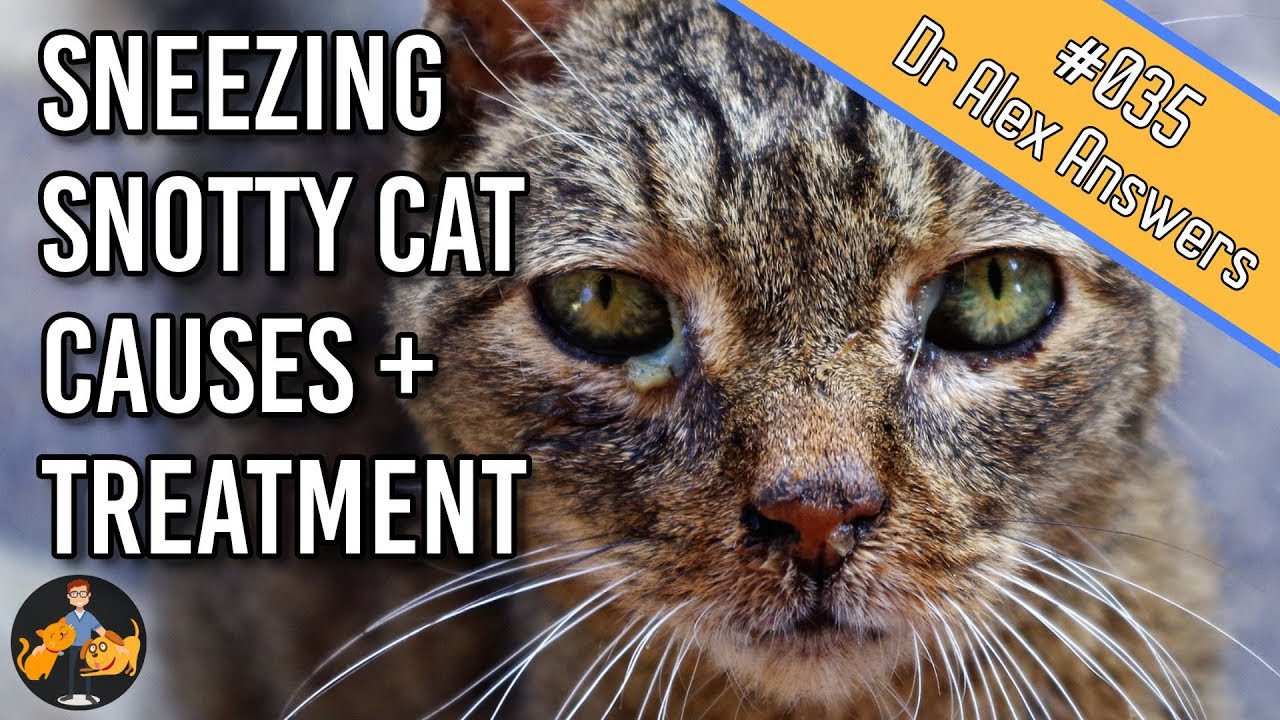Key Takeaways:
- Facial swelling in dogs can be caused by a variety of factors, including allergies, infections, trauma, or dental issues.
- It is important to monitor the dog's breathing and overall condition when they have facial swelling, as severe cases can lead to difficulty breathing and require immediate medical attention.
- In some cases, facial swelling may be accompanied by other symptoms such as itching, redness, discharge from the eyes or nose, or difficulty eating or drinking.
- If your dog experiences sudden and severe facial swelling, it is recommended to seek veterinary care as soon as possible to determine the underlying cause and provide appropriate treatment.
- Preventing facial swelling in dogs involves regular grooming and dental care, avoiding potential allergens or irritants, and keeping them away from hazardous objects or situations that could lead to trauma.
Are you a dog lover? Do you want to ensure the well-being of your furry friend? Then understanding facial swelling in dogs is essential for you! Imagine being able to identify the signs and symptoms of this condition early on, potentially saving your dog from discomfort or even more serious health issues. In this article, we will explore the causes, symptoms, and treatment options for facial swelling in dogs. By delving into this subject, you will gain valuable knowledge that can help you protect your beloved pet. So let's dive in and uncover the secrets behind facial swelling in dogs!
Understanding Facial Swelling in Dogs: Causes and Symptoms
When a dog's face swells up, it can be a cause for concern. Facial swelling in dogs can occur for various reasons, and it is important for pet owners to understand the possible causes and symptoms. One common cause of facial swelling is an allergic reaction. Just like humans, dogs can have allergies too. They may develop swelling in their face after coming into contact with an allergen such as certain foods, plants, or insect bites.
Another possible cause of facial swelling in dogs is an infection. Bacterial or fungal infections can lead to inflammation and swelling in the face. Dental problems, such as abscesses or tooth root infections, can also result in facial swelling. In some cases, trauma or injury to the face may cause swelling as well.
Allergic Reactions
Allergic reactions are a common cause of facial swelling in dogs. Dogs can be allergic to certain foods, medications, environmental factors like pollen or dust mites, or even insect bites from fleas or mosquitoes. When a dog comes into contact with an allergen that triggers their immune system, their body releases histamines which cause blood vessels to dilate and tissues to swell.
Infections
Infections can also lead to facial swelling in dogs. Bacterial or fungal infections can occur on the skin or inside the mouth and nose, causing inflammation and subsequent swelling. Dental infections are particularly common culprits of facial swelling because bacteria from infected teeth can spread to surrounding tissues.
Common Symptoms of Facial Swelling
- Sudden puffiness or enlargement of the face
- Redness or discoloration of the affected area
- Pain or discomfort when touched
- Difficulty breathing or swallowing
- Excessive drooling
- Sneezing or nasal discharge (if the swelling is related to an infection)
Recognizing Facial Swelling in Your Dog: What to Look for
As a pet owner, it is important to be able to recognize facial swelling in your dog. By being observant and attentive, you can catch any signs of swelling early on and seek appropriate veterinary care. One obvious sign of facial swelling is when your dog's face appears larger than usual. You may notice puffiness, bulging, or a change in shape.
Another thing to look out for is redness or discoloration of the affected area. The swollen part of the face may appear more pink or even slightly purple compared to the rest of the skin. It's also important to pay attention if your dog shows signs of pain or discomfort when you touch their face. They may pull away, whimper, or even become aggressive due to the pain.
Early Detection Matters
Early detection of facial swelling is crucial because it allows for prompt medical intervention and treatment. If left untreated, certain causes of facial swelling can worsen and potentially become life-threatening. Therefore, it is essential to monitor your dog closely for any changes in their appearance or behavior that could indicate facial swelling.
Telltale Signs of Facial Swelling
- Puffiness or enlargement of the face
- Redness or discoloration in the affected area
- Pain or discomfort when touching the face
- Changes in eating habits (reluctance to eat)
- Difficulty breathing or swallowing
- Behavioral changes (aggression, restlessness)
Common Causes of Facial Swelling in Dogs: Important Information for Pet Owners
Facial swelling in dogs can be caused by various factors, and it is essential for pet owners to be aware of these potential causes. One common cause is an allergic reaction. Just like humans, dogs can have allergies to certain substances such as pollen, insect bites, or certain foods. When a dog comes into contact with an allergen, their immune system may overreact, leading to facial swelling.
Another possible cause of facial swelling in dogs is an infection. Bacterial or viral infections can affect the face and result in swelling. These infections can be caused by dental issues, sinusitis, or even skin infections. It is crucial to seek veterinary help if you notice any signs of infection along with facial swelling.
Allergic Reactions
Allergic reactions occur when a dog's immune system reacts abnormally to a specific substance known as an allergen. Common allergens include pollen, mold spores, dust mites, certain foods, and insect bites. When a dog encounters an allergen they are sensitive to, their body releases histamines and other chemicals that cause inflammation and swelling.
In some cases, the allergic reaction may only result in mild facial swelling. However, severe reactions can lead to life-threatening conditions such as difficulty breathing or anaphylaxis. It is crucial to monitor your dog closely if they have a history of allergies and seek immediate veterinary care if their facial swelling worsens or if they show signs of respiratory distress.
Infections
Facial swelling in dogs can also be caused by various types of infections. Dental issues such as abscesses or gum infections can spread to the surrounding tissues and result in facial swelling. Sinusitis, which is inflammation of the sinuses, can also cause swelling in the face. Additionally, skin infections like cellulitis or abscesses can lead to localized facial swelling.
If your dog has facial swelling accompanied by other symptoms such as pain, discharge from the nose or mouth, or redness and warmth in the affected area, it is crucial to consult a veterinarian. They will be able to diagnose the underlying cause of the infection and provide appropriate treatment.
Prevention Tips
- Avoid exposing your dog to known allergens if they have a history of allergic reactions.
- Maintain good dental hygiene for your dog by regularly brushing their teeth and providing dental treats.
- Keep your dog's living environment clean and free from potential sources of infection.
- Regularly check your dog's skin for any signs of infection or irritation.
The Dangers of Facial Swelling in Dogs: Is it Life-Threatening?
Facial swelling in dogs can be a cause for concern, as it may indicate an underlying health issue. While not all cases of facial swelling are life-threatening, it is important to take them seriously and seek veterinary help. Swelling can occur due to various reasons such as allergic reactions, insect bites, infections, or even dental problems. In some cases, facial swelling can be a symptom of a more serious condition like an abscess or tumor.
If left untreated, facial swelling can lead to discomfort and pain for your furry friend. It may also affect their ability to eat, drink, or breathe properly. Therefore, it is crucial to monitor any changes in your dog's face and seek immediate veterinary attention if you notice persistent or severe swelling.
Common Causes of Facial Swelling in Dogs
There are several common causes of facial swelling in dogs that pet owners should be aware of:
- Allergic Reactions: Dogs can have allergic reactions to certain foods, medications, insect bites/stings, or environmental factors like pollen or dust mites.
- Infections: Bacterial or viral infections can cause localized inflammation and swelling in the face.
- Dental Problems: Dental issues such as abscesses or tooth root infections can lead to facial swelling near the affected area.
- Tumors: While less common, tumors in the head or neck region can result in facial swelling.
When to Seek Veterinary Help
If your dog's face is swollen, it is important to seek veterinary help promptly. While some mild cases of facial swelling may resolve on their own, it is always better to err on the side of caution. Contact your veterinarian if:
- The swelling is severe, rapidly worsening, or accompanied by other concerning symptoms.
- Your dog shows signs of discomfort or pain.
- The swelling persists for more than a day or two.
- There is difficulty in breathing, eating, or drinking.
Steps to Take When Your Dog's Face is Swollen: Seeking Veterinary Help
If you notice facial swelling in your dog, follow these steps to ensure their well-being:
- Stay calm and observe your dog's behavior and overall health. Note any additional symptoms or changes in behavior.
- Contact your veterinarian immediately and provide them with detailed information about the swelling, its severity, and any accompanying symptoms.
- Follow any instructions given by your veterinarian. They may ask you to bring your dog in for an examination or provide guidance on home care until an appointment can be scheduled.
- Avoid administering any medications without veterinary approval as certain drugs can worsen the condition or interact negatively with other treatments.
Treating Facial Swelling in Dogs: Home Remedies and Medical Options
The treatment for facial swelling in dogs depends on the underlying cause identified by a veterinarian. In some cases, home remedies may help alleviate mild swelling:
Home Remedies for Facial Swelling
- Apply a cold compress to the swollen area for 10-15 minutes at a time to reduce inflammation.
- If the swelling is due to an allergic reaction, your veterinarian may recommend giving an antihistamine medication. However, never administer any medication without professional guidance.
- Ensure your dog has access to fresh water and encourage them to drink, as dehydration can worsen swelling.
Medical Options for Facial Swelling
If the facial swelling is severe or caused by an infection or other serious condition, your veterinarian may recommend medical interventions such as:
- Prescription medications: Antibiotics or anti-inflammatory drugs may be prescribed to treat infections or reduce swelling.
- Surgical intervention: If a tumor or abscess is causing the swelling, surgical removal may be necessary.
- Dental treatment: In cases of dental problems, your veterinarian may suggest dental cleaning, tooth extraction, or other necessary procedures.
Remember, it is always best to consult with a veterinarian for proper diagnosis and treatment options tailored to your dog's specific needs. Prompt veterinary care can help ensure the well-being and comfort of your furry companion when faced with facial swelling.
In conclusion, facial swelling in dogs can be caused by various factors such as allergies, infections, or injuries. It is important to seek veterinary care promptly to identify the cause and provide appropriate treatment for your furry friend's well-being.
Is facial swelling in dogs an emergency?
Mild facial swelling caused by reactions tends to get better on its own with little intervention, but severe reactions require immediate veterinary attention as they are considered an emergency.
What can I give my dog for facial swelling?
If the swelling your dog has is not severe, the vet may suggest giving them an over-the-counter antihistamine to help reduce the swelling. However, it is important to always consult with a veterinarian before giving your dog any medications, including over-the-counter options.
Why does my dog have bumps all over and swollen face?
Urticaria is often the result of an allergic response and can manifest as raised, swollen welts on any part of the body, including the face, lips, tongue, throat, and ears. The size of these welts can range from 5 mm (1/4 inch) to multiple centimeters in diameter, and if there are many welts, they may merge together.
Can I give my dog Benadryl for swelling?
When administered at the correct dosage, Benadryl (diphenhydramine) is considered safe for dogs. It is an antihistamine that can provide relief from allergy symptoms such as itching, swelling, and sneezing.
Does Benadryl reduce swelling in face?
Antihistamines have the ability to decrease swelling and itchiness of rashes and hives on the face. They can also provide relief for symptoms like watery eyes, nasal congestion, and difficulty breathing.
When should I worry about my dogs swollen face?
If your dog's face appears swollen, they are having difficulty breathing, their gums are discolored, or they lose consciousness, it may indicate a severe allergic reaction that can obstruct their airway. It is crucial to promptly seek veterinary care for your pet in such situations.

















